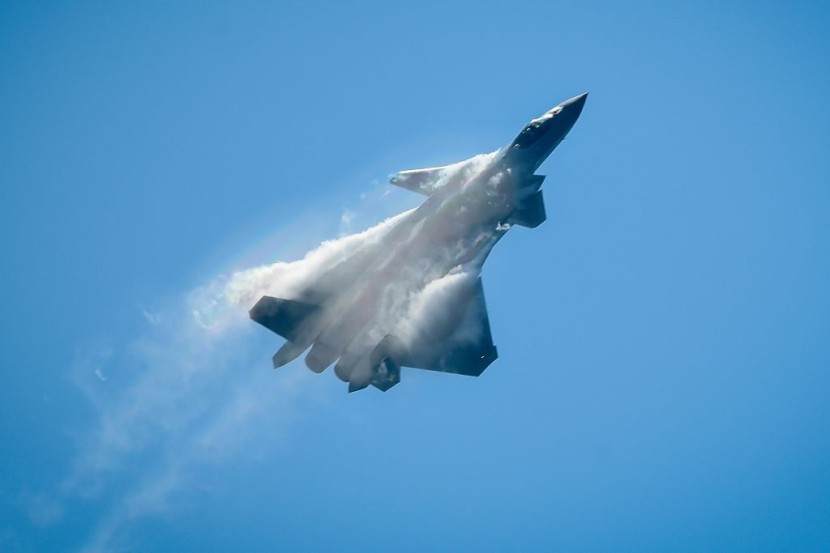
China has developed anti-laser technology that can lessen the efficacy of US weapons that are non-conventional. It is claimed that the tech can cancel out directed energy weapons.
China's Countermeasures for US Directed Energy Weapons
Directed Energy Weapons (DEWs) are getting more emphasis as the PLA, and the west are competing, and these new systems can be difficult for missile sensors. Laser-based weapons can emit a beam to confuse missiles looking for their target. This equipment is on the Air Force One and AH-64, as reported by The Verge.
Not all defensive systems can take down a missile, but this can cause a missile to lose its target by blinding the sensors. Based on reports, Chinese designers made a new kind of transparent smart film. If used on heat sensors that can diffuse dangerous light, according to The EurAsian Times.
The National University of Defense Technology in Hefei had engineered the smart film; it was Professor Lu Yuan and his colleagues who created it. Developers had considered the film, which transforms into a metallic barrier if a missile sensor shines on the target. Diffusing the laser sensors lessens the chance of getting a lock on.
Last January 10, an article was posted and peer-reviewed based on the Lu group's assertion that phase change can protect current heat-sensing target systems from laser defense systems. Tests in laboratories show the new coating can diffuse about 90% of laser energy from returning to the missile sensor. Such a system works because the coating causes a blinding glare that prevents a heat seeker from detecting a potential target.
Anti-Laser Coating Devised from Scratch
One of the goals of the US is to make its bomb and missiles laser-proof instead of making them immune from laser rays. Its main objective is to keep the laser from poking a hole in the armament; it only takes five seconds to do that, states WIRED. For example, ceramic absorbs the energy of a DEW device, but coatings can work for specific kinds of laser wavelengths.
Having more than one layer is helpful and limits the capability of a missile sensor view. Other effects are lessening range detection and how on the mark it can hit. Chinese scientists made the new coat by utilizing vanadium, a silver-like metal in China, Russia, and South Africa.
Changes happen to the element after the coat, which is see-thru, semi-conductive to become metallic, which blocks lasers if hot. Similar types of such films have been made but were slow and needed a heat source to control the temperature. Engineers sandwiched a thin vanadium coating over a composite of gallium nitride (GaN).
The inclusion of the GaN layer is to control the top layer of Vanadium film to allow a fast reaction to a laser shining on it. The Beijing-based researcher developing counter laser tech added that vanadium is used for smart windows, too, per SCMP.
How to make it practical for combat in tense and fast instances is crucial, with detail not included for reasons. But the researchers can still see the target even with the laser shield working. One of the main goals of the tech is to disrupt and confuse the heat sensor. Missiles can use it against DEWs as well. China is keen on the anti-laser technology to nullify US weapons using DEW.
Related Article: China ASAT Shields Its Space Vehicles from Laser Weapons








